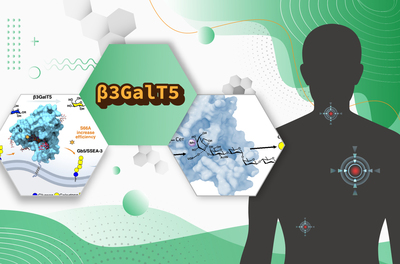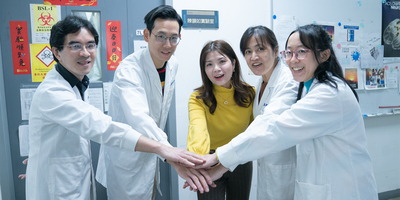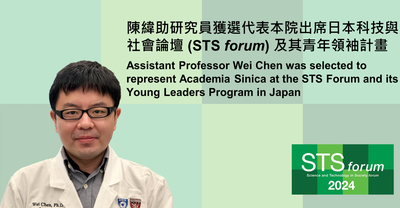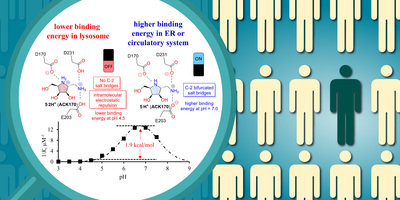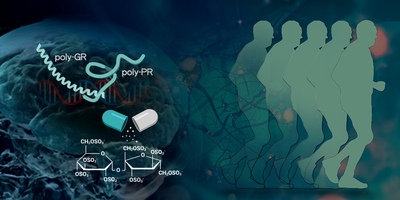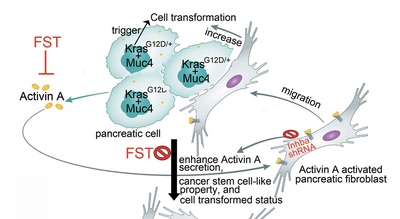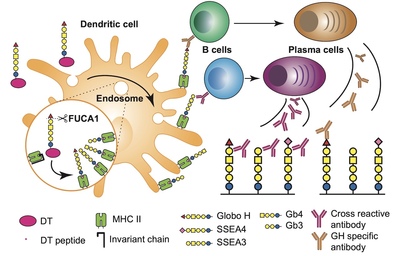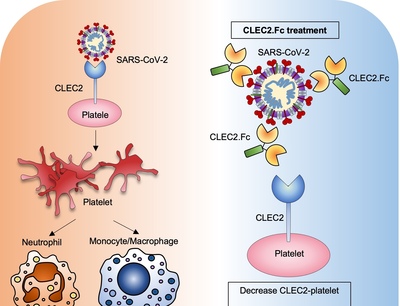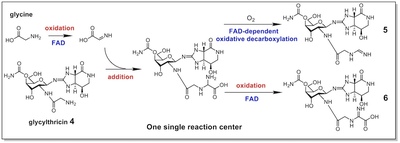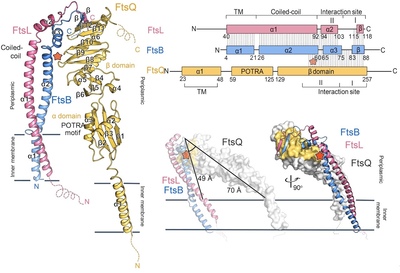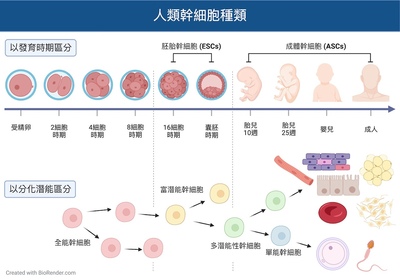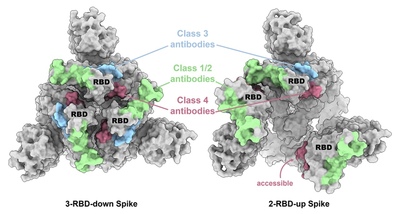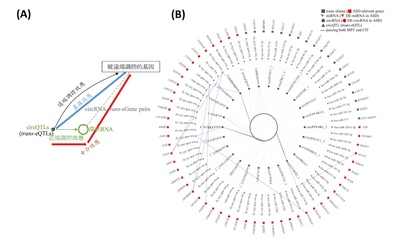News
-
Scientists Crack the Code of a Cancer-Related Enzyme, Opening Doors to New Treatments
Cancer remains a global health challenge, two exciting new studies published in the Journal of the American Chemical Society are shedding light on an enzyme called beta-1,3-galactosyltransferase 5 (β3GalT5)...
-
Genomics Research Center 20th Anniversary Celebration
To commemorate this milestone, GRC held its 20th Anniversary Celebration on December 11, 2024. We sincerely thank former and current GRC members, collaborators, and esteemed guests for joining us in celebrating the growth and achievements of the GRC.
-
The 2024 National Innovation Improvement Award
Congratulations to Dr. Yun-Ru (Ruby) Chen's team winning the 2024 National Innovation Improvement Award. For more details, please see...
-
Assistant Professor Wei Chen was selected to represent Academia Sinica at the STS Forum and its Young Leaders Program in Japan
Dr. Chen is recognized for his research expertise in nanomedicine, biomaterials, and drug delivery technology. He plays a leading role in his research field and possesses excellent English proficiency. Recognized by Academia Sinica, he was selected to attend the Science and Technology in Society (STS) Forum and its Young Leaders Program in Kyoto, Japan.
-
Congratulations! Dr. Shang-Cheng Hung is now an Academician
Academia Sinica held its biennial Convocation of Academicians from July 1 to July 4. Newly elected Academicians and Honorary Academicians were announced by President James C. Liao. Dr. Shang-Cheng Hung has just been elected as an academician. Bravo!
-
The Next Chapter of Precision Chemical Modification: From Natural Product Inspirations to Efficient Drugs for Rare Disease
"Natural is Still the Best!" Scientists have isolated numerous small molecules with potential biological activity from natural sources. However, these molecules often require chemical modifications and structural refinements to unleash their full potential.
-
Sulfated Disaccharides Repair Toxic Protein Gain-of-Function, a New Approach to Treatment of Amyotrophic Lateral Sclerosis
As normal cells undergo abnormal proliferation, morphological changes, and eventually transform into cancer, there is a transitional phase known as "precancerous lesions" in pathology. Pancreatic Intraepithelial Neoplasia (PanIN) is the most common and earliest form of precancerous lesion in pancreatic cancer. Current literature indicates that over 90% of PanINs and pancreatic cancer cases exhibit mutations in the KRAS gene. However, can the mutation of the KRAS gene alone drive the early formation of PanINs? Certainly, "there is more than one truth."



